
Kava or piper methsyticum is a widely known herb with a large root, which is mostly found in the South Pacific. While the demands for this herb increase, the supplies decrease because its cultivation takes five years. Kava as a dietary supplement, which is often helpful in the cases of stress, insomnia, psychosis, depression, as well as in the case of migraine, chronic fatigue syndrome, asthma, menopausal symptoms, can also be very effective in the cases of urinary tract infections, for example. Kava is, furthermore very helpful for bladder infection, but also in the cases of epilepsy, as well as anxiety disorders or cramps.
Kava is non-addictive, and in proper doses has no side effects, but if it is consumed in great amounts, it can have sedative effect, so it is important not to perform some potentially dangerous activities in that time, such as driving. It is also advisable not to drink much alcohol when much kava is taken. Most people feel anxiety before important events such as, for example, exams, a business presentation, or the first working day, so kava is often used in the cases of nausea or convulsive thoughts.
Kava can be taken in the forms of the caplets, capsules, tablets, tinctures, teas, and dry bulk. It is highly recommended not to use kava in the case of pregnancy, lactating, or in a depressive state, because depression is not the same as anxiety and kava has some negative effects on the depressed people. Kava is the best for soothing the nerves and anxiety discords. However, many people claim that the benefits of kava are exaggerated and that everyone must have access to certain critics when talking about them. Those who advocate this view, often claim that natural products can be very toxic, because it is claimed that many poisons are just natural products. Since there are even reports of serious liver damage from excess use of kava and kava products, in some countries its consumption is prohibited.
It's not exactly clear how kava acts and what the effects of it are, but when it comes to that, many scientists usually oppose to the claiming that kava causes various chemical reactions in the brain and that it has anti-anxious, sedative, anti-spasm, and anti-inflammatory properties, as well as a local anesthetic and analgesic features, since it facilities some pains. It is not known how safe kava is for use in children and even adults.


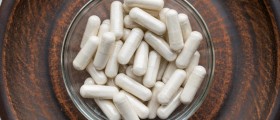
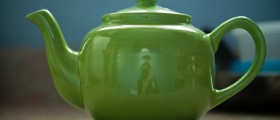
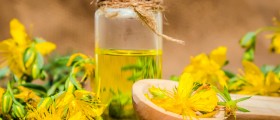
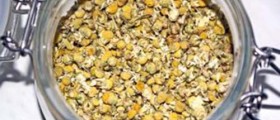


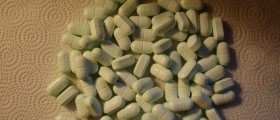
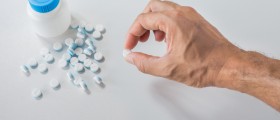
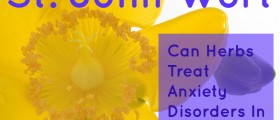

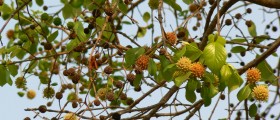
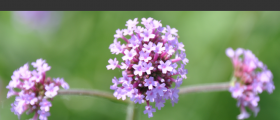



Your thoughts on this
Loading...